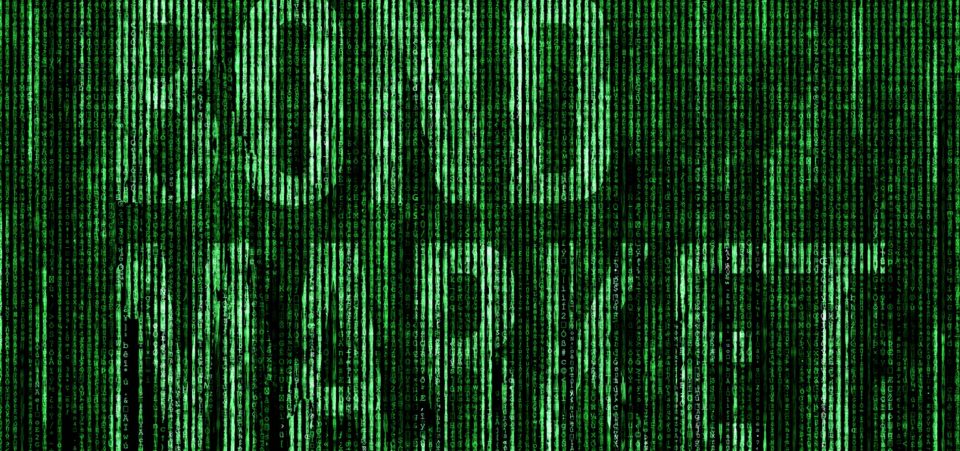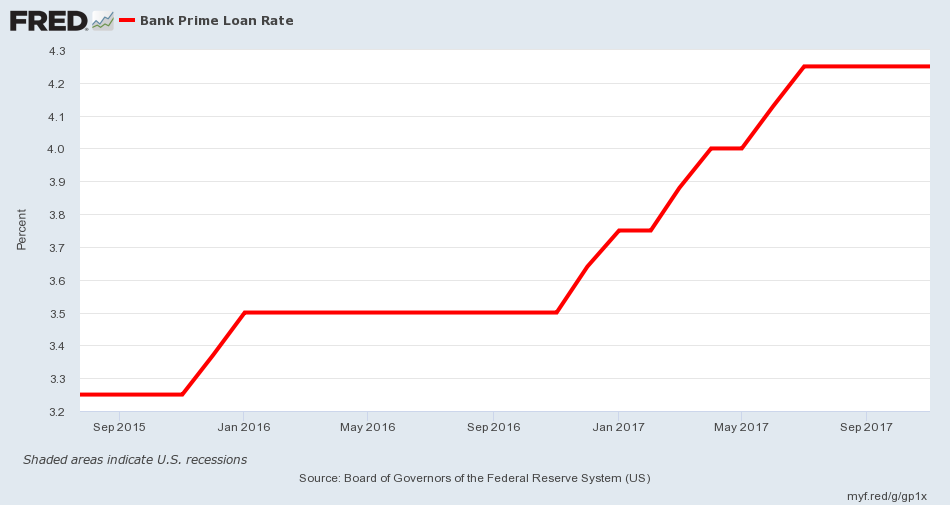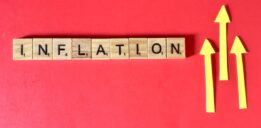Bond Market Could Fall, Create Massive Problems for Stocks
There’s a giant elephant in the room and it’s getting weak. It could fall at any time. Sadly, this elephant, the bond market, continues to be overlooked.
We know, our readers don’t really care about what’s happening in the bond market. But there are some developments worth mentioning.
Before going into any details, let’s go over the basics. When interest rates are low, the bond market rallies.
After the financial crisis, thanks to central banks, bond markets across the globe witnessed a massive rally. Since then, bond prices have soared and there been has been a significant amount of bond issuance.
To give you some idea, consider that at the end of the second quarter of 2017, there was $39.8 trillion worth of bonds outstanding in the U.S. In 2007, this figure was $29.4 trillion. (Source: “US Bond Market Issuance and Outstanding,” Securities Industry and Financial Markets Association, last accessed December 6, 2017.)
In other words, in almost 10 years, the U.S. bond market has ballooned by close to $10.5 trillion.
Federal Reserve Taking the Punch Bowl Away?
It has to be questioned how long this party in the bond market could continue.
The Federal Reserve is taking away the punch bowl—low interest rates. Economics 101: When interest rates increase, bonds yields rise and bond prices collapse.
We are seeing a rigorous sell-off in short-term bonds. Look at the chart below:

Chart courtesy of StockCharts.com
Yields on the U.S. two-year Treasury have soared 200% in the last one-and-a-half years.
In mid-December, the Federal Reserve will be meeting and deciding on rate hikes again. Currently, market participants expect another rate hike.
Mind you, as part of the quantitative easing, the Fed has accumulated a lot of bonds on its balance sheet. It is now selling them, too.
Keeping all this in mind, what do you think will happen to the bond market? It isn’t irrational to see a crash-like situation. We could see bond investors rushing for the exits. Rising interest rates are one of the biggest factors of bond prices collapsing.
Why Does the Bond Market Matter So Much?
Imagine you are a chief financial officer (CFO) of a company. Your company is planning to invest in a project that’s going to cost around $500.0 million. Unfortunately, the company doesn’t have the cash to fund the project. You need to contact the bank and arrange a loan or some sort of credit facility.
What do you think your banker will tell you when you ask for a loan?
Fact: Your banker could be asking you to pay higher interest on the loan.
As the Federal Reserve is raising rates and yields are rising, rates at which banks lend to businesses (prime rate) is also increasing. It currently stands at 4.3%. The last time it was above four percent was back in 2008.
Going back to your business investment conundrum, if you borrowed $500.0 million back in 2015, when the prime rate was 3.3%, your interest expense would be $16.3 million per year. Now, its $21.3 million.
See what’s happening here?
All of a sudden, higher interest rates could start eating away at company profits. As this happens, don’t for a second think company stock prices will continue to go higher. We could see them tumble.
As the bond market falls, investors could suddenly dislike stocks, too.







